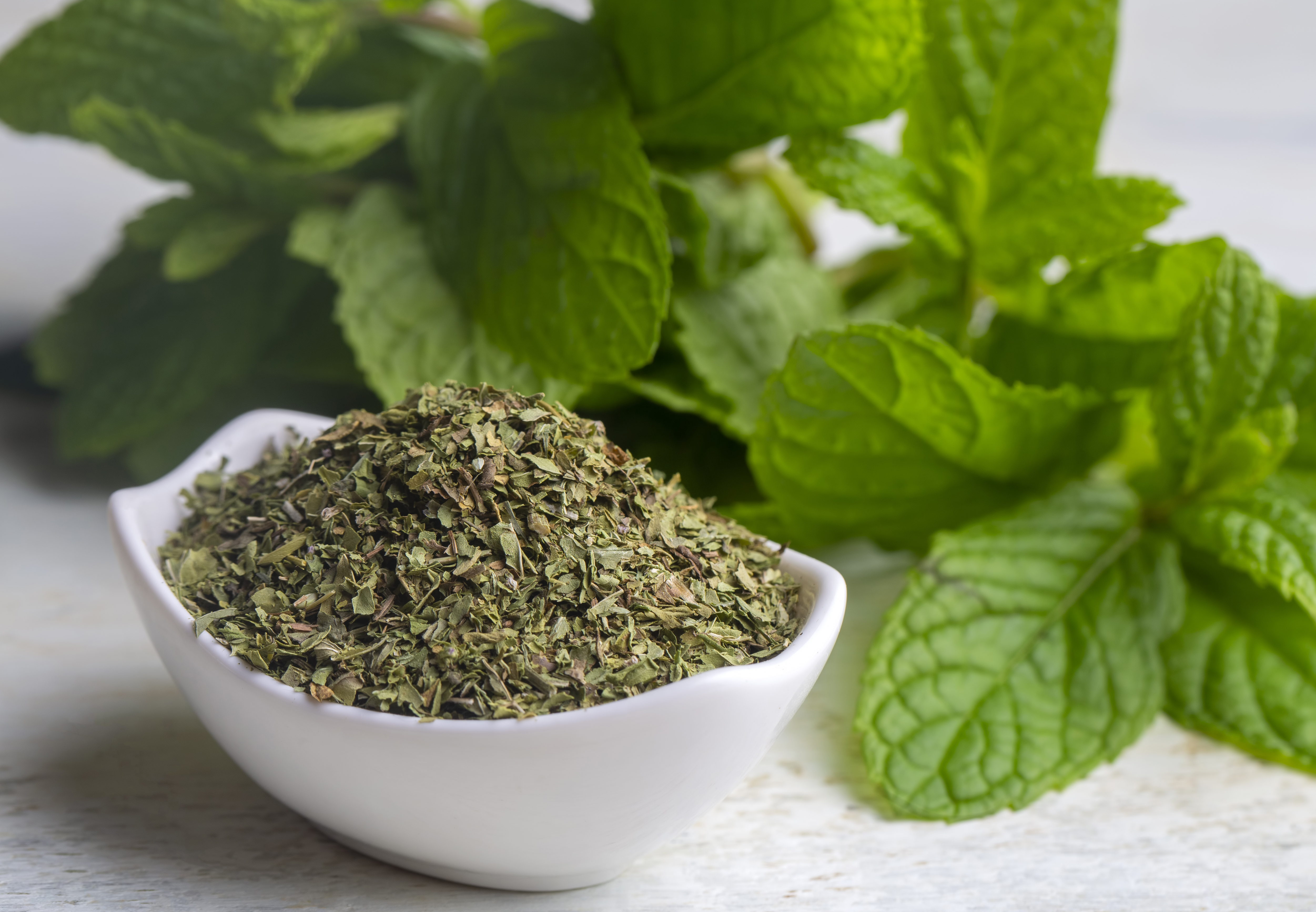The Best Anti-Inflammatory Spices to Add to Your Daily Meals
44. Ceylon Cinnamon: The True Sweet Supporter

Often called “true cinnamon,” Ceylon cinnamon is milder and more delicate than the commonly used Cassia variety—but it offers greater health benefits. Ceylon is rich in polyphenols and contains less coumarin, making it safer for long-term use. Its anti-inflammatory properties help regulate blood sugar, reduce insulin resistance, and calm systemic inflammation. The warm, sweet aroma makes it ideal for both sweet and savory dishes. Add it to oatmeal, tea, curries, or even roasted vegetables. Ceylon cinnamon is a gentle, daily way to support your body while enhancing your meals with subtle depth.
45. Dried Mint: The Cool Calmative

Dried mint may seem simple, but its healing potential is anything but. Used for centuries in Middle Eastern and Mediterranean cooking, dried mint contains menthol and rosmarinic acid—two compounds known for their anti-inflammatory, antimicrobial, and digestive benefits. It helps soothe sore throats, ease muscle tension, and calm digestive inflammation. Its concentrated flavor offers a cooling contrast to warm or spicy dishes. Sprinkle it into yogurt sauces, lentil soups, or herb blends. Whether you’re adding freshness to a stew or brewing it into tea, dried mint brings a crisp, healing calm with every flake.
